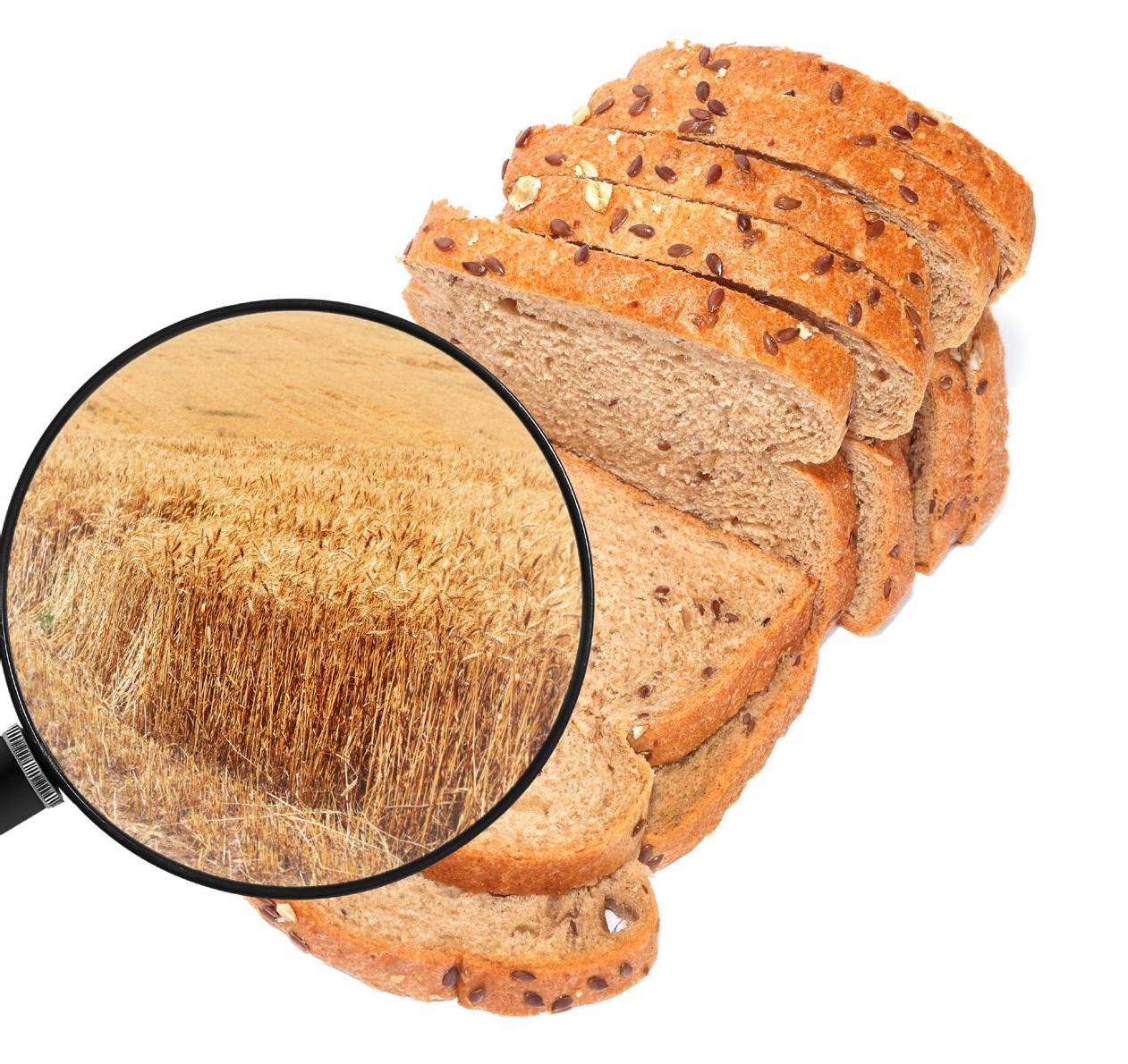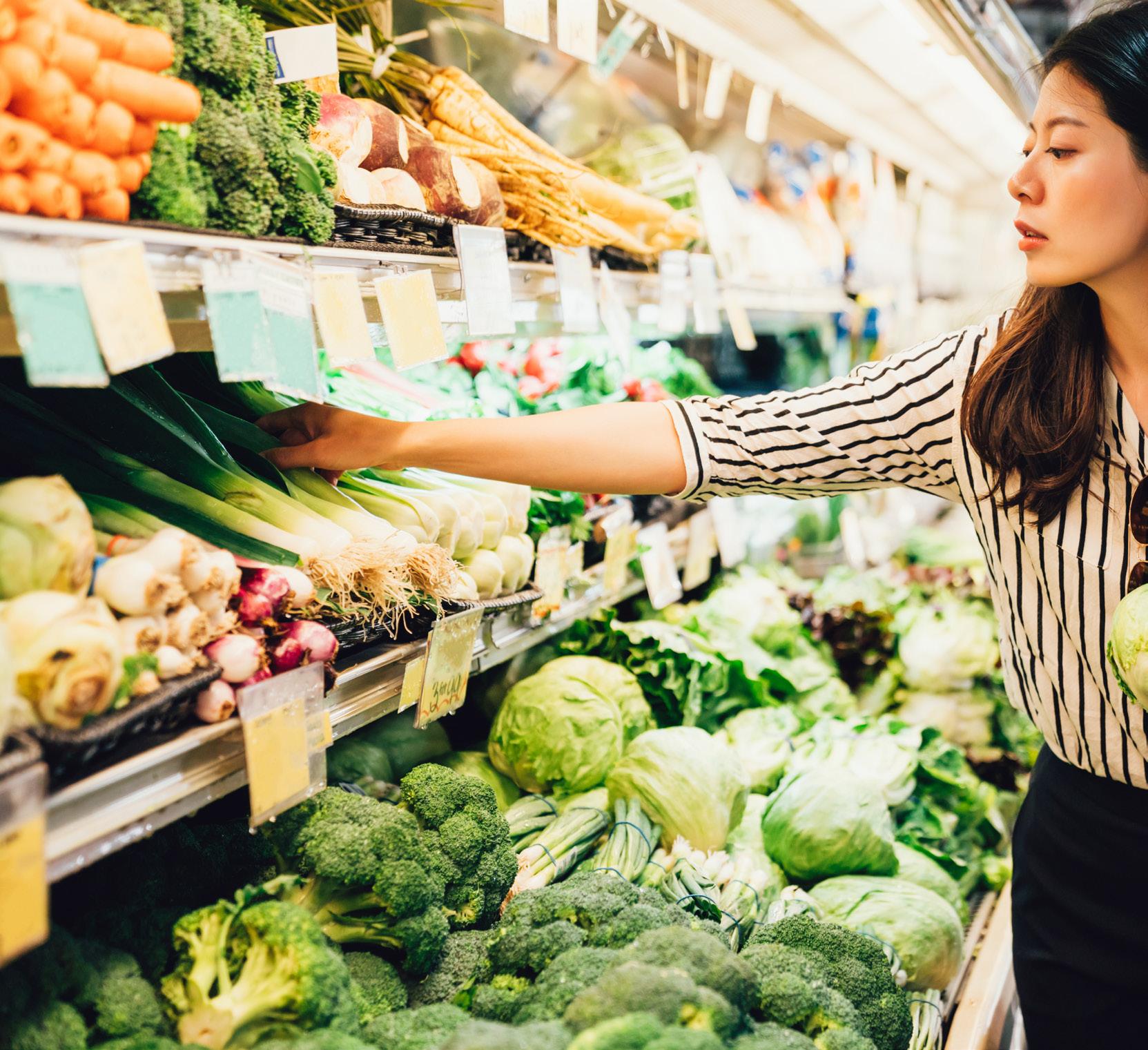
4 minute read
Blockchain technology to validate sustainability claims in Indonesia
Blockchain technology can be used to validate sustainability claims in Indonesia
• Consumers are not overly aware of blockchain but admit that they would be likely to use it when explained what it is
As mentioned throughout the report, consumers can be skeptical about the practices and policies of brands. This is something that impacts on the influence that sustainability claims can have on consumption habits, especially if sustainability claims are deemed to be subjective or if the product carries a premium price To respond to this, brands need to look for ways to offer maximum trust and transparency in order to make such claims as influential on purchasing as possible.
FMCG Gurus Blockchain survey conducted in Q3 2019 showed that only 11% of consumers have heard of blockchain technology. Of these one in ten consumers, 60% say that they associate such technology with the food and drink industry This means that currently, only one in twenty consumers in Indonesia have heard of blockchain technology and associate it with the food and drink industry
FMCG Gurus gave consumers the following definition when it comes to blockchain technology:
Blockchain is a source of information that is centrally stored that allows food, drink and supplement manufacturers and brands to store all product information onto a database that can be accessed by consumers for research purposes. Such information includes information on farming and treatment of animals, factory information around production, expiry dates and how products are transported. This technology allows to add information by anyone, and no one can further delete or change anything without permission from all participants.
When given the definition, a total of 56% of consumers said that they would be likely to use such a database The reality is that consumers would not use such technology to check every single product This is something that would simply be too time-consuming. However, they would likely use it for products and brands where ethical issues are more contentious For instance, when asked what product categories they would be most likely to research, consumers who say that they are likely to use such technology say coffee and bottled water These are two categories where serious attention has been given to ethical and environmental credentials in the past, something that appears to resonate with consumers
In comparison, consumers are less likely to use such technology when it comes to product categories inherently associated with indulgence This implies that when it comes to indulgent products, consumers may be less attentive to environmental claims This may be because they do not want to have to make the trade-off between sustainability and indulgence traits when choosing what product to select.
What types of brands/manufacturers would you use such a source for? Consumers likely to use blockchain technology – top ten answers
FMCG Gurus also asked consumers in Indonesia who say they would be likely to use blockchain technology, what kind of information they would seek out The research shows that the top three answers are based around the locality of products, the carbon footprint omitted through distribution and sustainable packaging initiatives This shows that consumers want brands to act in an ethical and environmentally friendly manner across the whole of the supply chain Moreover, they want to be able to access information relating to this
Although this report has served to highlight how attitude/behavior gaps can exist when it comes to sustainability, the Blockchain survey found that 51% of consumers who said that they would be more willing to purchase a product if the brand had registered such information on the website, whilst 27% said they would be more willing to pay a premium for such products
insights.figlobal.com
What kind of information would you want to see? Consumers likely to use blockchain technology – top five answers
It is worth noting that 44% of consumers in Indonesia said they were either unsure or unlikely to use such technology once it was readily available When asked why this was the case, the top three answers given were:
• I feel that the information could be altered to the company’s advantage – 58% • I struggle to use large databases to find information – 53% • I would not be fully trusting of information stored on the database – 52%
This shows the deep level of distrust that some consumers can have to claims made by brands and manufacturers. It must be remembered that in times of uncertainty – such as the current COVID-19 pandemic and potential recession that may follow – consumers tend to be even more scrutinizing of the practices and policies of claims made by brands This is especially true if consumers see brands recording large profits at a time when they are struggling with day-to-day living costs (irrespective of the corporate and social responsibility initiatives of the brands).
This shows that it is not just enough to adopt blockchain technology and ensure that consumers have full access to information along the whole of the supply chain Instead, brands need to offer consumers maximum reassurance that such information is robust, valid, neutral and is designed to offer transparency as opposed to simply acting as some marketing platform with misleading information









